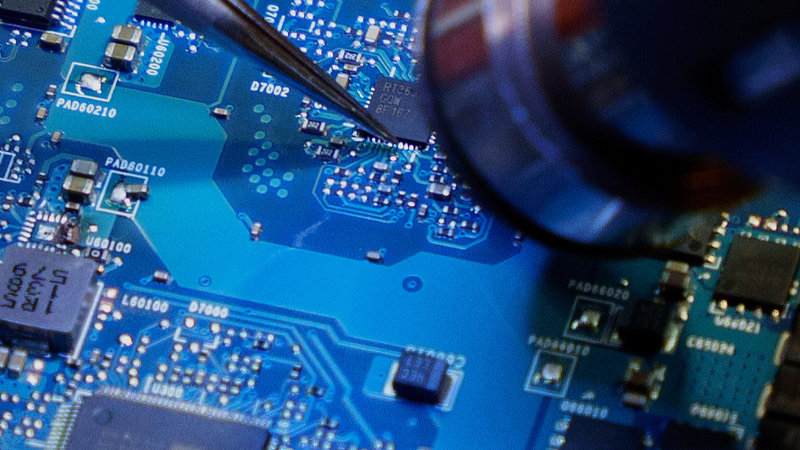Instant reactions, global debates! The U.S. Chip Security Act has stirred up more than just chips—its putting data privacy and tech trust under the microscope.
Whats the Act All About?
Introduced in May 2025, the Chip Security Act would require exportcontrolled chips made in U.S. factories to include builtin location tracking modules. The goal? To stop advanced semiconductors from getting diverted or smuggled to strategic rivals. Sounds straightforward, right? Well, heres where things get spicy 🔥.
Why People Are Worried
- Privacy vs. Protection: Embedding trackers might help catch bad actors, but they can also feel like big brother watching your every move. 📍👀
- Attack Vector Alert: Cybersecurity experts warn these tracking features could become new entry points for hackers—potentially backfiring on the very systems theyre meant to safeguard.
- AI Chips in the Mix: U.S. intelligence hints that some AI accelerators already have onchip locks for licensing, usage monitoring, and other controls. The line between security tool and surveillance gadget is blurring.
H20 Chips Under the Spotlight
At the same time, regulators in the Chinese mainland have flagged U.S.made H20 chips for possible backdoors or hidden access routes. Major players like ByteDance, Tencent, and Baidu were summoned to explain why theyre using these chips, amid claims theyre unsafe, technically subpar, and even bad for the environment. 🚫🌱
The Big Question
Are we seeing a genuine push for national security, or is the states power being flexed under the guise of safety? As tracking tech becomes the norm in semiconductors, the debate over privacy, security, and trust is only heating up. 🔄💥
Stay tuned, because the next chip rollout might just come with an unexpected feature: a builtin debate.
Reference(s):
cgtn.com




